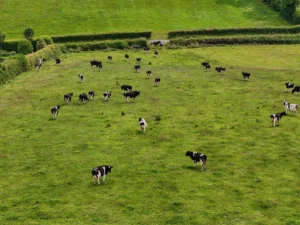
Cattle, greenhouse gases and the case for better methane metrics
Why the global warming potential of methane emissions from cattle production needs a closer look
Cows are often front and center in conversations about climate change and emissions, as these animals are widely perceived as being harmful to the environment. But is that the whole story?
With a rare level of access to farmers, food producers and global experts, filmmakers Michelle Michael and Brandon Whitworth set out on a journey across the world to find out. What they discovered is that while cows do contribute to climate change, their comprehensive impact on our world is more complex and worth considering.
For example, cows also:
Learn more about the environmental impact of cows in this fact sheet, which shares key findings from the documentary.

Why the global warming potential of methane emissions from cattle production needs a closer look
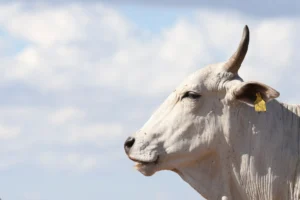
At COP30, the world’s eyes are on Brazil, and the cattle ranchers leading a global transformation.
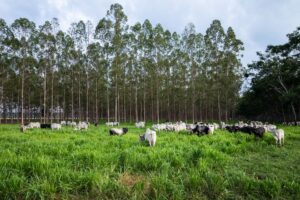
Restoring 40 million hectares of pasture could feed billions and ease pressure on the Amazon. Is the world paying attention?
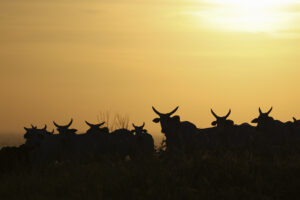
New mini-doc explores deforestation, food security and the Brazilian cattle sector’s path to a more sustainable future
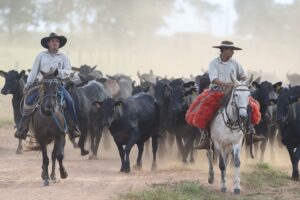
Mention Brazilian beef, and you’re likely to spark discussion about familiar themes: deforestation, emissions and blame. What do we find when we dig deeper? Here are the answers to five top questions about Brazil’s role in protecting the Amazon and feeding the world.
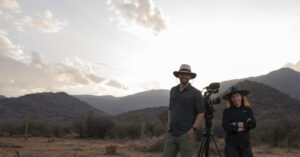
From science to the big screen: Discover how a single question grew into a global journey.
As climate change intensifies and the world’s population continues to grow, the pressure on our global food production system mounts. You can play an active role in shaping a more sustainable planet for future generations. Fill out the form below to learn more about how you can partner with us.
Receive notifications about the release date, new online content and how you can get involved